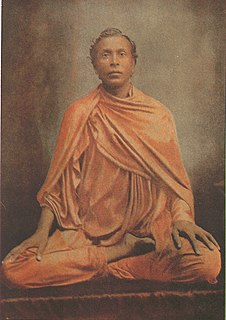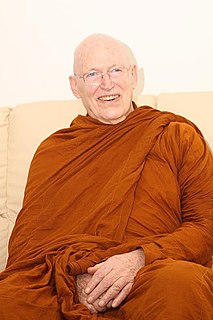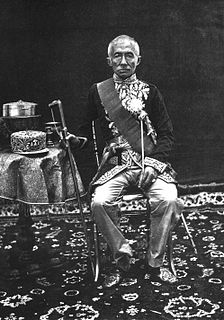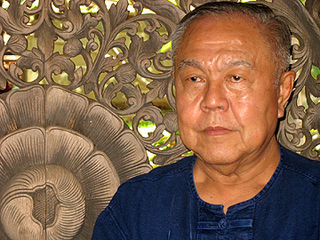A Quote by Ajahn Chah
The Dhamma is revealing itself in every moment, but only when the mind is quiet can we understand what it is saying, for the Dhamma teaches without words.
Related Quotes
You say that you are too busy to meditate. Do you have time to breathe? Meditation is your breath. Why do you have time to breathe but not to meditate? Breathing is something vital to peoples lives. If you see that Dhamma practice is vital to your life, then you will feel that breathing and practising the Dhamma are equally important.
The Dhamma has to sink deeply into the mind so that whatever we do, the mind has always goodness within it. All the ways of making merit are aiming at this. Goodness lies in the right view that is established in the mind. Then we don't have to celebrate it or let anybody know about it, simply let the mind have firm confidence in the goodness and keep going like this.
























